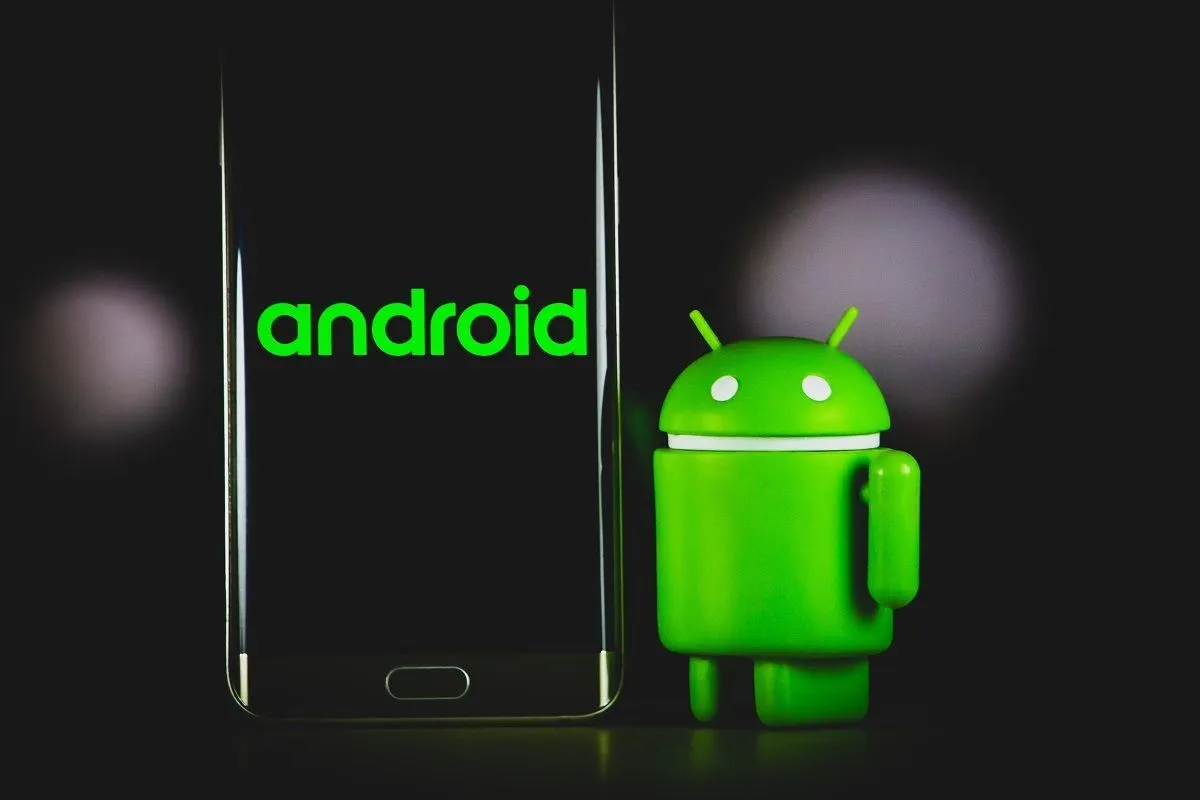World’s biggest PC vendor [Lenovo] takes first step that could establish Android as Windows biggest rival ever — and eliminate Google ChromeOS at the same time
World’s biggest PC vendor [Lenovo] takes first step that could establish Android as Windows biggest rival ever — and eliminate Google ChromeOS at the same time

www.techradar.com
World’s biggest PC vendor takes first step that could establish Android as Windows biggest rival ever — and eliminate Google ChromeOS at the same time

